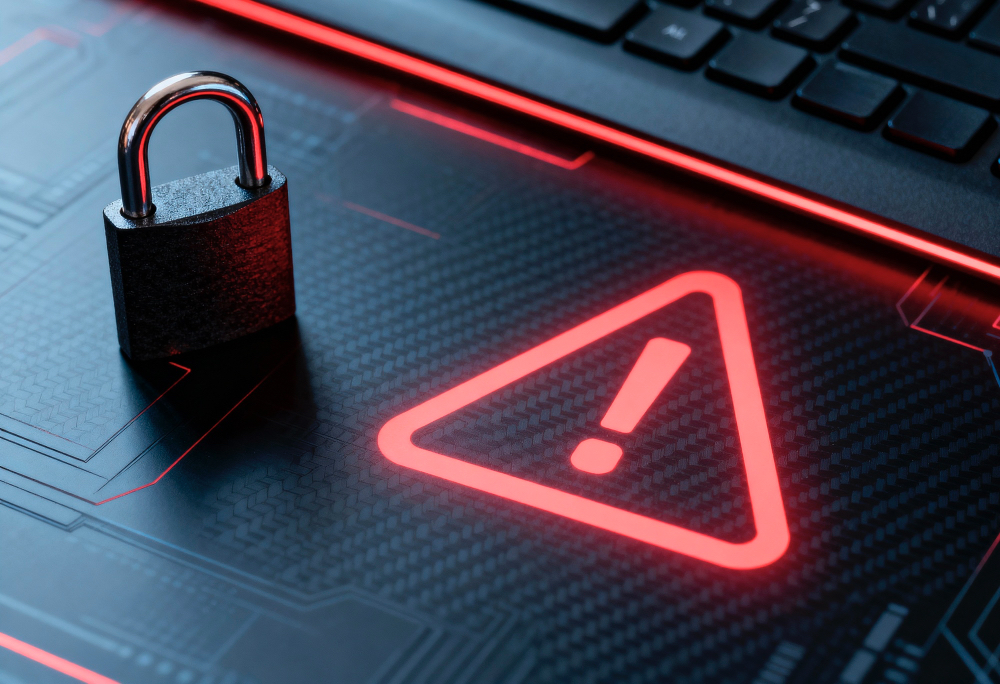The French telecommunications company Eurofiber has acknowledged a breach of its ATE customer platform and digital ticket system after a hacker accessed the network through software used by the company.
Engineers detected the intrusion quickly and implemented containment measures, while the company stressed that services remained operational and banking data stayed secure. The incident affected only French operations and subsidiaries such as Netiwan, Eurafibre, Avelia, and FullSave, according to the firm.
Security researchers instead argue that the scale is far broader. International Cyber Digest reported that more than 3,600 organisations may be affected, including prominent French institutions such as Orange, Thales, the national rail operator, and major energy companies.
The outlet linked the intrusion to the ransomware group ByteToBreach, which allegedly stole Eurofiber’s entire GLPI database and accessed API keys, internal messages, passwords and client records.
A known dark web actor has now listed the stolen dataset for sale, reinforcing concerns about the growing trade in exposed corporate information. The contents reportedly range from files and personal data to cloud configurations and privileged credentials.
Eurofiber did not clarify which elements belonged to its systems and which originated from external sources.
The company has notified the French privacy regulator CNIL and continues to investigate while assuring Dutch customers that their data remains safe.
A breach that underlines the vulnerability of essential infrastructure providers across Europe, echoing recent incidents in Sweden, where a compromised IT supplier exposed data belonging to over a million people.
Eurofiber says it aims to strengthen its defences instead of allowing similar compromises in future.
Would you like to learn more about AI, tech and digital diplomacy? If so, ask our Diplo chatbot!










